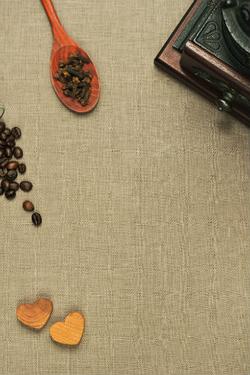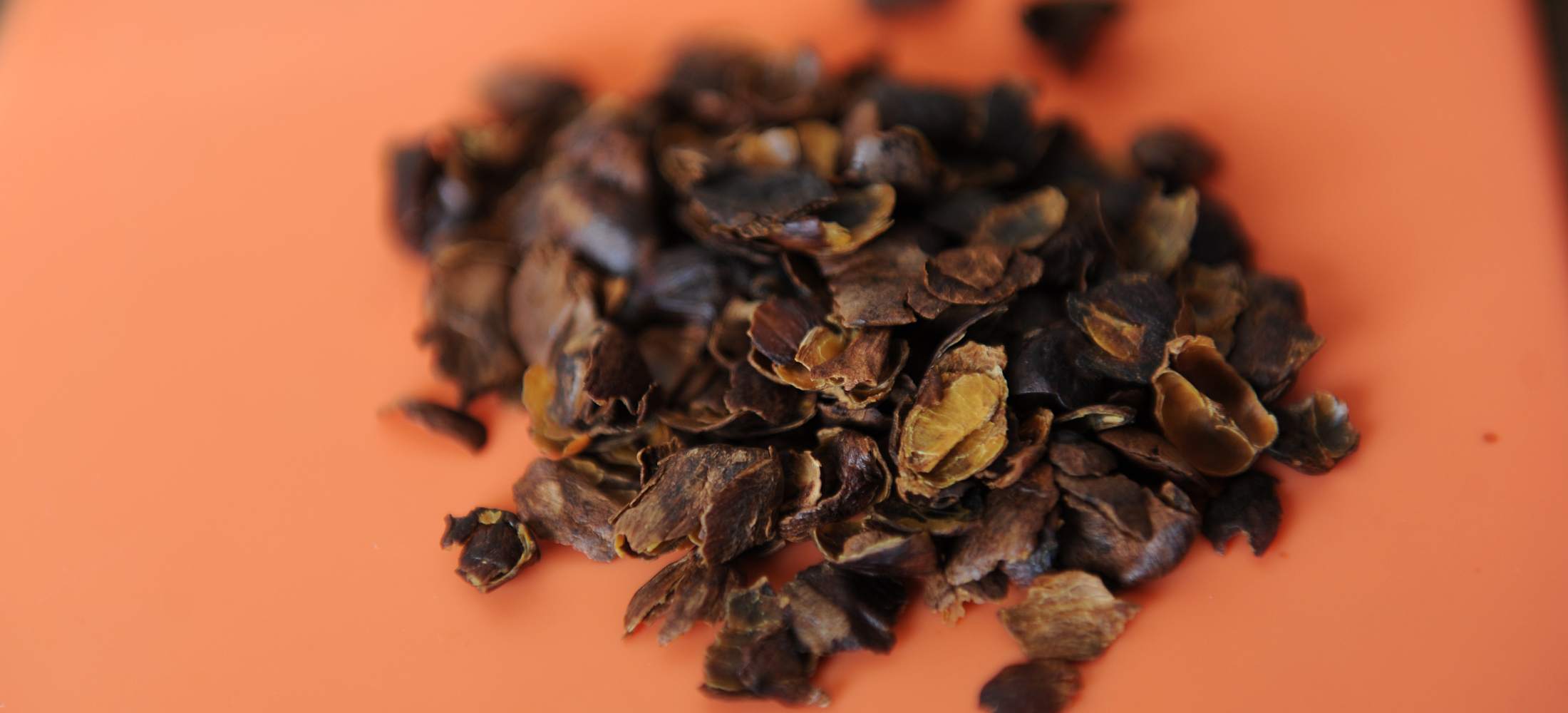Cascara: Coffee-Tea for Everyone
So much changes so quickly in the world of specialty coffee and specialty tea that it can be difficult to keep up with the latest developments, no matter how much coffee you consume. It seems that just when you think you have tried every possible coffee or tea brewed or blended in every conceivable way, something new comes in and catches your attention.
One of the hot new trends sweeping through coffee and tea shops the world over is the beverage cascara – or coffee cherry tea. But to the uninitiated, this beverage can cause a little bit of confusion. In this post, we’ll demystify this terrific new beverage, telling you where it comes from, what it tastes like, and how to brew and enjoy it for yourself.
Where Cascara Comes From
To understand what cascara is, it’s wise to first consider the word “cascara” itself. In Spanish, cascara means “husk” or “peel,” referring to – in this case – the husk or peel of the coffee fruit, or coffee cherry. You may not realize this, but coffee beans aren’t actually beans. Instead, they are actually the seeds of a fruit that grows on coffee bushes.
When these fruits or cherries are harvested, the seeds are extracted, leaving behind a husk that is generally just discarded. But it doesn’t have to be! The coffee fruit peel or husk, the cascara, can be dried and used to brew a rather tasty tea.
What Cascara Tastes Like
Though the cascara surrounds a coffee bean prior to the harvest, the tea made from it doesn’t taste anything like coffee. Nor does it taste anything like true tea. Tea, whether black or green, is brewed from the leaves of the Camellia Sinensis plant. The flavor of cascara “tea,” on the other hand, has more in common with herbal teas like hibiscus, or rose hip tea, and has notes of tobacco or cherry flavor in it.
Brewing and Enjoying Cascara
Cascara is brewed much like herbal teas, with a quantity of the coffee cherry husks being added to water just off the boil and then steeped. The more cascara to water parts in the cup (and the longer it is brewed), the stronger the flavor of the resulting beverage will be. Cascara is best enjoyed much in the way that herbal teas are, with one exception – it does contain caffeine.
Cascara as an Alternative to Coffee
Much like the coffee beans that the coffee cherries contain while still on the bush,
cascara contains a bit of caffeine, though not much in comparison to either coffee or black or green tea. Brewing a very strong cup of cascara for a very long time will only result in a beverage with roughly one quarter the amount of caffeine found in a typical cup of regular coffee. That said, cascara should probably be avoided for those sensitive to caffeine, as it may still prove to be a bit too strong.
Cascara, the Coffee Tea
Where once coffee cherry husks were composted or discarded after the coffee harvest was complete, cascara is now finding its way to the market in its dried form for use as a beverage alternative to coffee, tea, and herbal tea. Lightly caffeinated with a terrific if slightly astringent taste, cascara tea will likely be making appearance in specialty coffee or tea shops near you. Make sure to keep your eye out for it, especially if you are one who enjoys trying the latest new or exotic flavor in coffee and tea!


